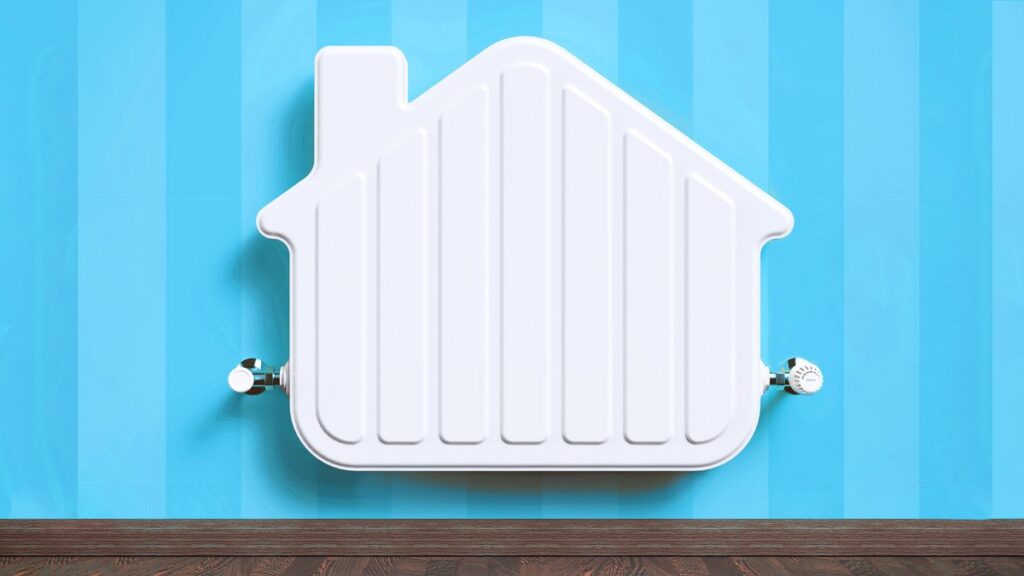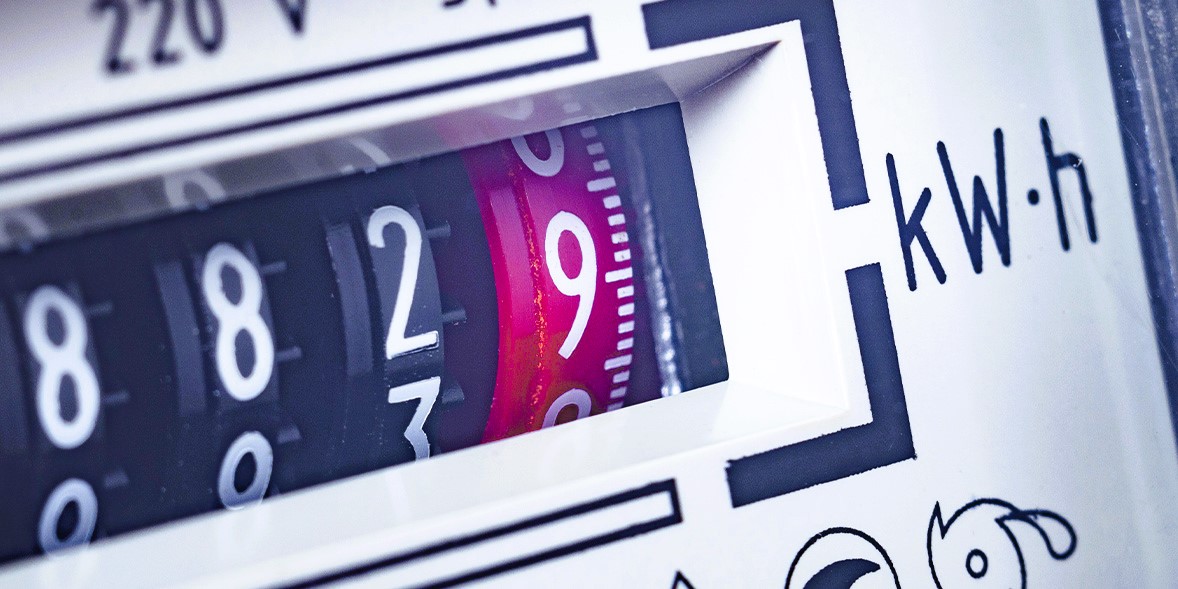As winter sets in and temperatures drop, keeping your home warm and comfortable becomes a priority. However, heating costs can quickly add up, putting a strain on your budget. The good news is that there are several practical tips and strategies to help you achieve winter energy savings without sacrificing warmth. In this article, we will explore the top tips for heating your home on a budget while still staying cozy during the colder months.
- Set the Thermostat Wisely
One of the simplest and most effective ways to save on heating costs is to set your thermostat wisely. Lowering the temperature by just a few degrees can make a noticeable difference in your energy consumption. Aim to set your thermostat at a comfortable yet energy-efficient level, such as around 68°F (20°C) during the day and slightly lower at night or when you’re away. Consider investing in a programmable thermostat that allows you to automate temperature adjustments based on your schedule.
- Embrace Natural Heating

Take advantage of natural heating sources to supplement your heating system. During the daytime, open curtains and blinds to let in sunlight, which can naturally warm up your home. Close them at night to retain the heat. Additionally, make sure your windows are properly sealed to prevent drafts and heat loss. Utilizing natural heating sources not only reduces energy consumption but also provides a pleasant and cozy atmosphere.
- Seal Air Leaks
Air leaks can significantly impact the efficiency of your heating system. Inspect your home for gaps, cracks, and openings that allow cold air to enter and warm air to escape. Common culprits include windows, doors, electrical outlets, and pipes. Seal these areas using weatherstripping, caulk, or other appropriate materials. Properly sealing air leaks helps to maintain a consistent indoor temperature and reduces the workload on your heating system. How insulation reduces HVAC costs in the long run, read more here.
- Insulate Your Home
Insulation plays a crucial role in retaining heat and preventing energy loss. Check the insulation in your walls, attic, and crawl spaces. If insulation is inadequate or worn out, consider adding more or replacing it. Insulating your home effectively traps heat indoors, making your heating system work more efficiently and reducing the need for constant heating.
- Use Ceiling Fans Strategically
Ceiling fans aren’t just for summer cooling; they can also help with winter energy savings. By reversing the direction of your ceiling fan blades, you can create an upward airflow that pushes warm air down from the ceiling to circulate throughout the room. This allows you to distribute heat more efficiently, ensuring that it doesn’t just accumulate near the ceiling. Using ceiling fans in conjunction with your heating system can help you maintain a comfortable temperature while using less energy.
- Optimize Heating System Efficiency
Regular maintenance of your heating system is essential for optimal efficiency and energy savings. Schedule professional inspections and tune-ups to ensure that your system is running smoothly. Clean or replace air filters regularly to promote proper airflow and reduce strain on the system. A well-maintained heating system operates more efficiently, consumes less energy, and ultimately saves you money.
- Bundle Up and Layer Clothing
Instead of relying solely on heating, try layering clothing and using cozy blankets to stay warm indoors. Dress in warm layers and opt for thicker fabrics during the winter months. Wearing slippers or socks can also help you maintain body heat. By keeping yourself warm through clothing, you can lower the thermostat temperature slightly without sacrificing comfort.
- Utilize Energy-Efficient Heating Appliances
If you’re in the market for a new heating appliance, consider investing in energy-efficient models. Look for heaters with high energy efficiency ratings, such as Energy Star-certified options. These appliances are designed to use less energy while providing the same level of heat. Though they may have a higher upfront cost, the long-term energy savings can outweigh the initial investment.
- Practice Smart Energy-Saving Habits
Adopting energy-saving habits can contribute to significant savings on your heating bills. Make it a habit to turn off lights and appliances when not in use. Unplug electronic devices that continue to draw power even when turned off. Use energy-saving settings on electronics and appliances that offer them. Being mindful of your energy consumption can lead to substantial savings over time.

- Consider Zone Heating
If your home has multiple heating zones, take advantage of zone heating to save energy and money. Zone heating allows you to control the temperature in different areas of your home independently. By heating only the rooms that are in use, you can avoid wasting energy on unoccupied spaces. This is particularly beneficial for larger homes or households with varying temperature preferences.
Conclusion
Winter energy savings are within reach, even on a budget. By implementing these top tips, you can reduce your heating costs while staying warm and comfortable throughout the winter months. From setting your thermostat wisely and embracing natural heating sources to sealing air leaks and optimizing your heating system, every step you take toward energy efficiency contributes to long-term savings. So, bundle up, be proactive, and enjoy a cozy winter season while keeping your heating expenses in check.

